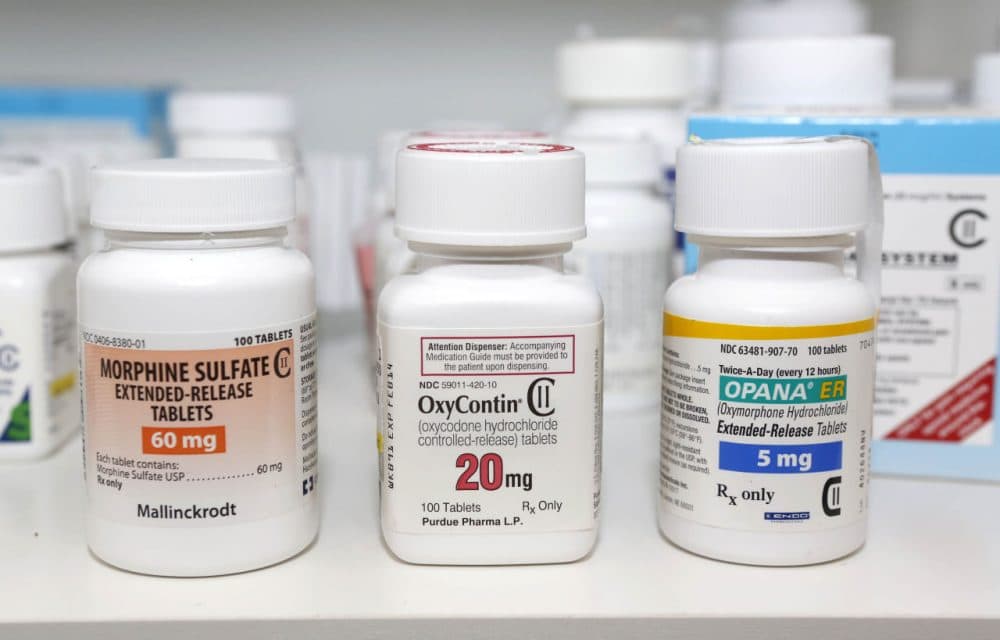Advertisement
Massachusetts Doctor Comes Clean On His Drug Use, Returns To Medical Practice
Resume
Officials say the opioid epidemic in Massachusetts is causing close to four overdose deaths in this state every day.
The U.S. Senate this week is expected to consider a bill to help address the crisis, and on Friday, Sen. Ed Markey visited a treatment center in Roxbury, where he blamed the epidemic on pharmaceutical companies and the over-prescribing of painkillers like Oxycontin.
"From a molecular perspective, Oxycontin is very similar to heroin," Markey said. "80 percent of all of the people who have died from heroin overdoses began on prescription opioid drugs."
Dr. Peter Grinspoon never made the leap from pills to heroin. But when the police arrived at his Boston office in 2005 to confront him about falsifying prescriptions for narcotics — he was forced to confront his substance use.
Guest
Dr. Peter Grinspoon, primary care physician. He teaches medicine at Harvard Medical School and his new memoir is "Free Re-Fills: A Doctor Confronts His Addiction." He tweets @Peter_Grinspoon.
More
The Boston Globe: A Doctor Talks Physicians And Their Addictions
- "For many physicians the combination of a high-stress career and easy access to drugs creates 'a perfect storm,' leading to higher addiction rates than in the general population. 'The whole culture — we’re supposed to be the strong ones; we shoulder everyone else’s burdens; we don’t really need to sleep — that culture totally sets you up for addiction,' he added. 'That really makes it hard to ask for help. You feel so guilty and so full of shame. It’s a real barrier to care.'"
This segment aired on February 22, 2016.